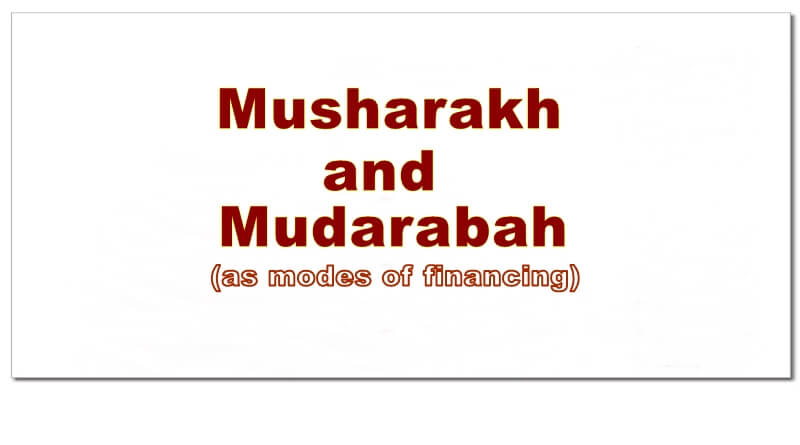
What is Islamic Insurance (Takaful)?

All human activities are subject to risk of loss from unforeseen events. To alleviate this burden to individuals, what we now call insurance has existed since at least 215 BC. This concept has been practiced in various forms for over 1400 years. It originates from the Arabic word Kafalah, which means “guaranteeing each other” or “joint guarantee”. The concept is in line with the principles of compensation and shared responsibilities among the community. Takaful originated within the ancient Arab tribes as a pooled liability that obliged those who committed offences against members of a different tribe to pay compensation to the victims or their heirs. This principle later extended to many walks of life, including sea trade, in which participants contributed to a fund to cover anyone in a group who suffered mishaps on sea voyages. In modern-day conventional insurance, the insurance vendor (the insurance company) sells policies and invests the proceeds for the profit of its shareholders, who are not necessarily policyholders. There is therefore a clear disjunction between policyholders and shareholders. Payouts to policyholders may vary depending on financial performance, but a minimum positive return is always contractually guaranteed. Takaful is commonly referred to as Islamic insurance; this is due to the apparent similarity between the contract of kafalah (guarantee) and that of insurance. However, takaful is founded on the cooperative principle and on the principle of separation between the funds and operations of shareholders, thus passing the ownership of the Takaful (Insurance) fund and operations to the policyholders. Muslim jurists conclude that insurance in Islam should be based on principles of mutuality and co-operation, encompassing the elements of shared responsibility, joint indemnity, common interest and solidarity. In takaful, the policyholders are joint investors with the insurance vendor (the takaful operator), who acts as a mudarib – a manager or an entrepreneurial agent for the policyholders. The policyholders share in the investment pool’s profits as well as its losses. A positive return on policies is not legally guaranteed, as any fixed profit guarantee would be akin to receiving interest and offend the prohibition against riba. For some time conventional insurance was considered to be incompatible with the Shari’ah that prohibit excessive uncertainty in dealings and investment in interest-bearing assets; both are inherent factors in conventional insurance business. However, takaful complies with the Shari’ah (which outlines the principles of compensation and shared responsibilities among the community) and has been approved by Muslim scholars. There is now general, health and family (life) takaful plans available for the Muslim communities.

































